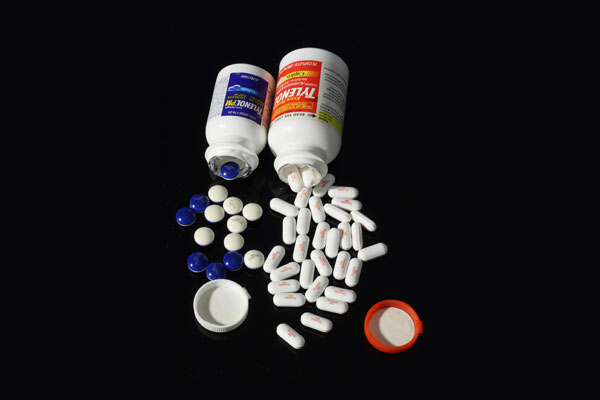
Health Canada recommends stricter labelling of Acetaminophen
New label rules introduced by Health Canada also highlighted that the front of the package would contain the words “contains acetaminophen” in red text. Moreover, as mentioned in the published report of the new guidelines, this product should not be taken for more than five days to treat pain, or three days for fever.
Drug companies received warnings from Supriya Sharma, Health Canada’s senior medical advisor to update their acetaminophen labels within 18 months, if there already were stocks of this product. Other drug companies were asked to include a new “drug facts” on packages by 2021 with clear instructions, warnings and safety information.
But Sharma was disappointed that some recommendations made last year in internal reports were not adopted, due to updates in the scientific literature.
“The challenge with acetaminophen is that it is a very widely available product,” Sharma said. “It can be safely used if people are following the label and the directions for use. Otherwise the most number of cases of acute liver failure in Canada were reported by not following the instructions properly.”
Sharma felt that the challenge lay in how people manage and balance the benefits of the product with the risks. Canadians were also warned that by consuming acetaminophen with large amounts of alcohol, could lead to serious liver injuries.
According to the 2015 reviews of adverse drug reactions, one in five acetaminophen-related liver injuries were reported in people who took eight pills of extra strength acetaminophen, reported Health Canada.
These patients had already suffered pre-existing conditions and were at greater risk of acetaminophen overdose, including alcoholism or liver disease.
According to Dr. Constantine Karvellas, from University of Alberta Hospital roughly 75 percent of acute liver failures were caused by acetaminophen.
Experts also recommend that acetaminophen should not be sold over-the-counter because the suggested dosage on pill bottles is dangerous. They were of the opinion that if Acetaminophen were introduced today, it probably would not be approved as an over-the-counter drug.
Dr. Michael Rieder, a pediatric clinical pharmacologist and scientist with Western University believed that it was a safe and effective drug if used judiciously and that all children’s liquid products include a dosing device.
Experts recommended lowering of the maximum daily dose, as well as more inquiry into the possibility of limited packaging or limited sales.
According to an internal report obtained by the Star from drug manufacturer Johnson & Johnson, the makers of Tylenol, in September 2015, found that an average of 68 Canadians died between 2000 and 2011 because of acetaminophen.
Experts recommended lowering of dose from four grams to 2.6 grams and restrict bottle sizes, remove acetaminophen from opioid combination products, and require a prescription for “high dose” products like Tylenol Extra Strength.
Sharma noted that the package restriction recommendation was not adopted in spite of the fact that Health Canada had held three technical discussions since the 2015 safety review, in which industry representatives and healthcare professionals were involved.
On the other hand, there were also concerns that if access to acetaminophen was limited, patients would be drawn towards use of opioids or medications with more serious adverse effects, worries Sharma.
According to a Acetaminophen report published by Health Canada in 2015, it was found that out of 250 cases of serious liver injury every year, more than half were the result of accidental acetaminophen over dosage.
(Reporting by Asha Bajaj)
Support Our Journalism
We cannot do without you.. your contribution supports unbiased journalism
IBNS is not driven by any ism- not wokeism, not racism, not skewed secularism, not hyper right-wing or left liberal ideals, nor by any hardline religious beliefs or hyper nationalism. We want to serve you good old objective news, as they are. We do not judge or preach. We let people decide for themselves. We only try to present factual and well-sourced news.







